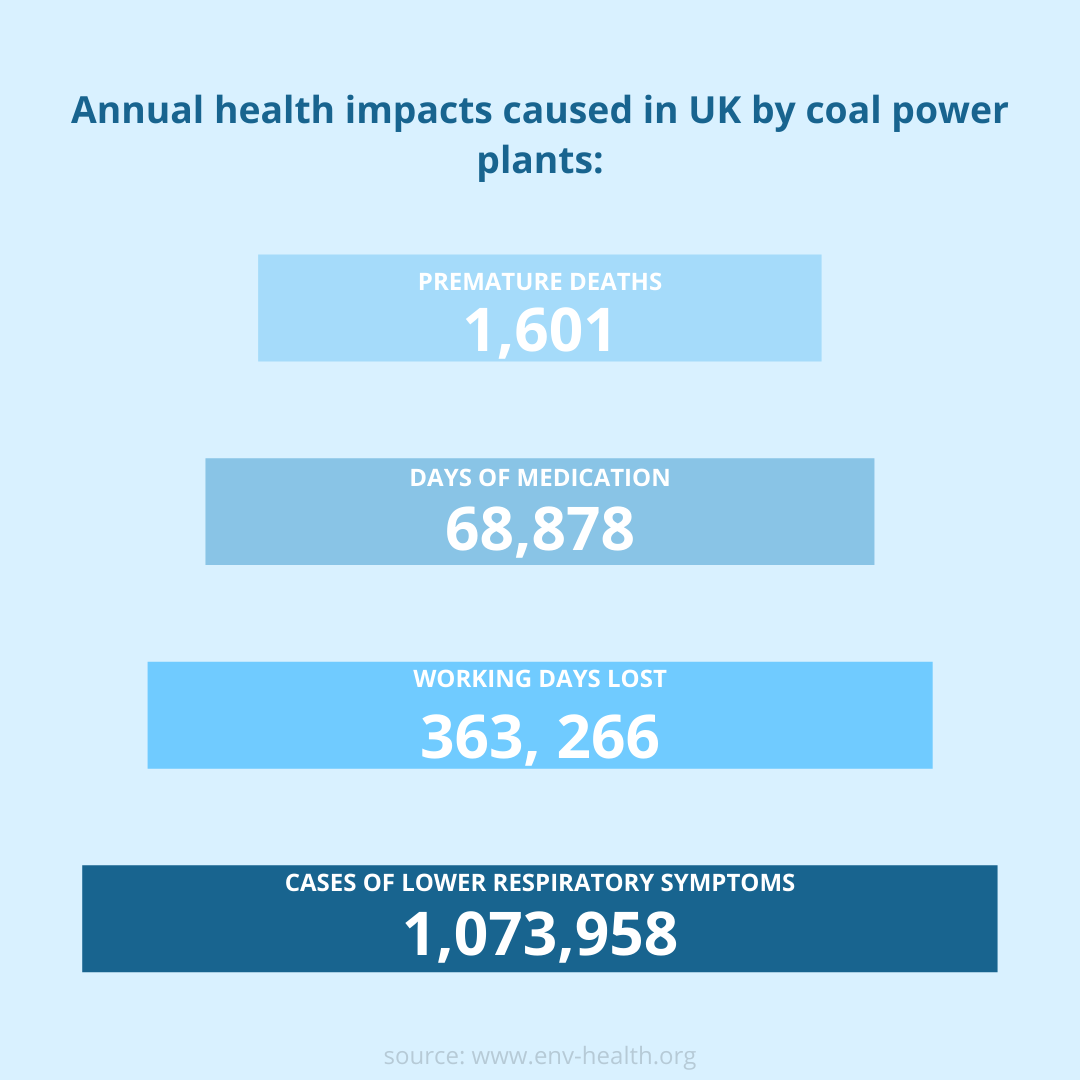
Climate Change in the UK
All around the world, Climate Change is a constant issue which is continuing to get worse. According to NASA, ‘climate-warming trends over the past century are extremely likely due to human activities’. So, it is definitely something that needs our attention, if we want to prevent this spreading.
The UK doesn’t experience tsunami’s, hurricanes or earthquakes in the same way that other countries closer to the tectonic plates. But we do experience them on much smaller scales. For example, roughly, between 20 to 30 earthquakes are felt by people each year. There are also a few hundred smaller ones are recorded by sensitive instruments.

Impacts of Climate Change in the UK
The worst disaster caused by climate change in the UK tends to be flooding. In winter 2015-2016, heavy rainfall resulted in a huge amount of flooding, which was the most extreme on record. The total economic damages for the winter floods that year was around £1.6 billion.
Along with this, climate change is causing other problems around the UK. For example, coastal erosion, moorlands setting on fire and extreme flooding. Coastal erosion is causing the land to retreat around the coastline. This is impacting thousands of houses and farmlands leading to people being homeless and a loss of resources from the farms.
Due to the low magnitudes of the earthquakes in the UK, they’re not the main issue when it comes down to damage to infrastructure. But, flooding will disrupt the economy in various ways, whether it is flooded workplaces or a lack of staff due to the disaster. Water damage to properties and equipment may result in people losing their jobs which will have a negative impact on the economy.
Problems
Burning coal emits CO2, this is a greenhouse gas which traps the warm air in the atmosphere, causing the planet to heat up. Unfortunately, coal was the fastest-growing primary energy source in the world in the past decade. Between 2001 and 2010, world consumption of coal increased by 45%.
Since this, the UK has become more alert of the impacts of burning coal, not only on the world but also humans. Air pollution caused by coal plants has been linked to asthma, cancer, heart and lung ailments, global warming and various other problems. Hence why the amount of health problems is higher in those who work in power plants.

Source: www.env-health.org
Solutions
Everyday, we as the UK are working on multiple ways to help to tackle climate change. In 2017, the UK powered itself for a full day without coal for the first time since the industrial revolution. Last year, it also announced plans to phase out all coal-fired plants by 2025.
The UK has agreed to various agreements to help with the change in climate:
- Global action on climate change. By reducing its own emissions, the UK is supporting wider international efforts.
- Climate Change Act – The UK must reduce greenhouse emissions by 80 per cent by the year 2050.
- The Paris Agreement – The deal is to limit warming to no more than 1.5°C by 2050. As part of the agreement, each country must review its efforts to cut emissions every five years.
